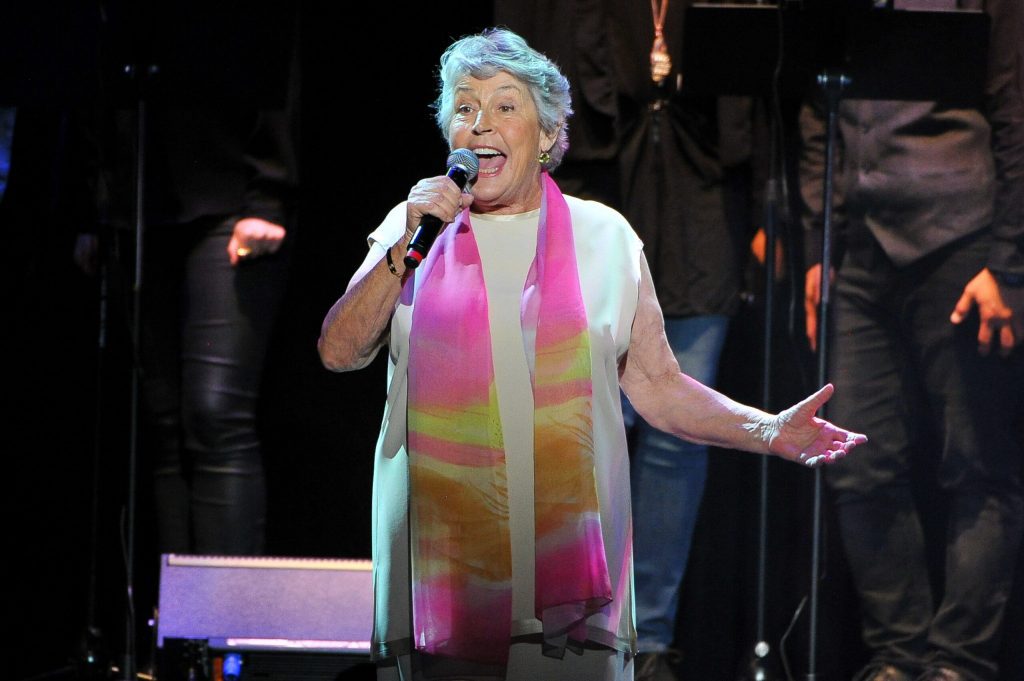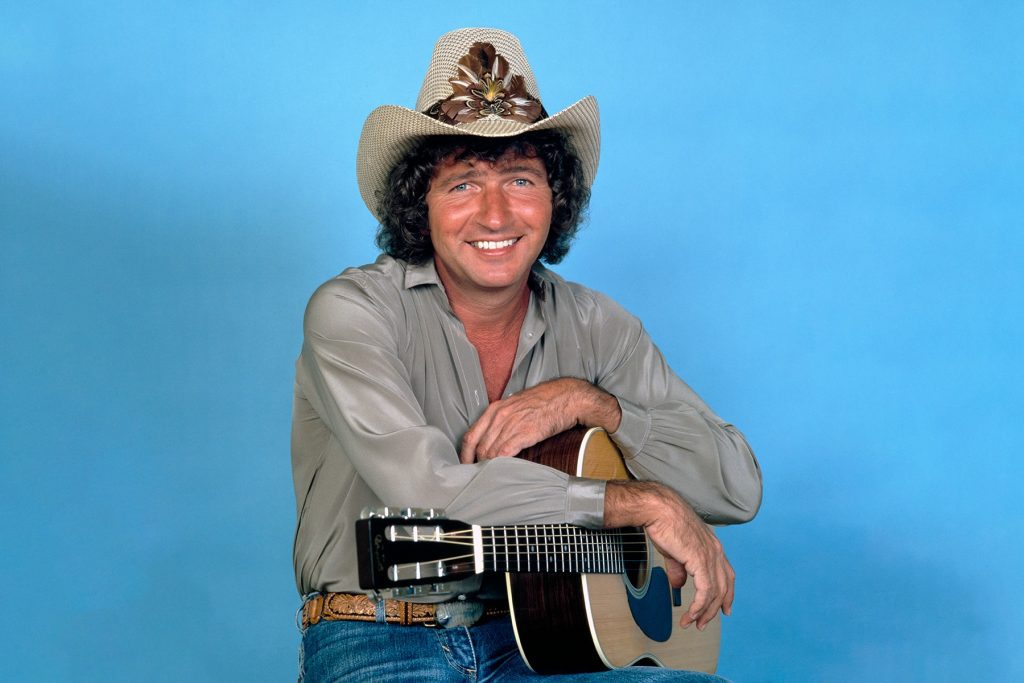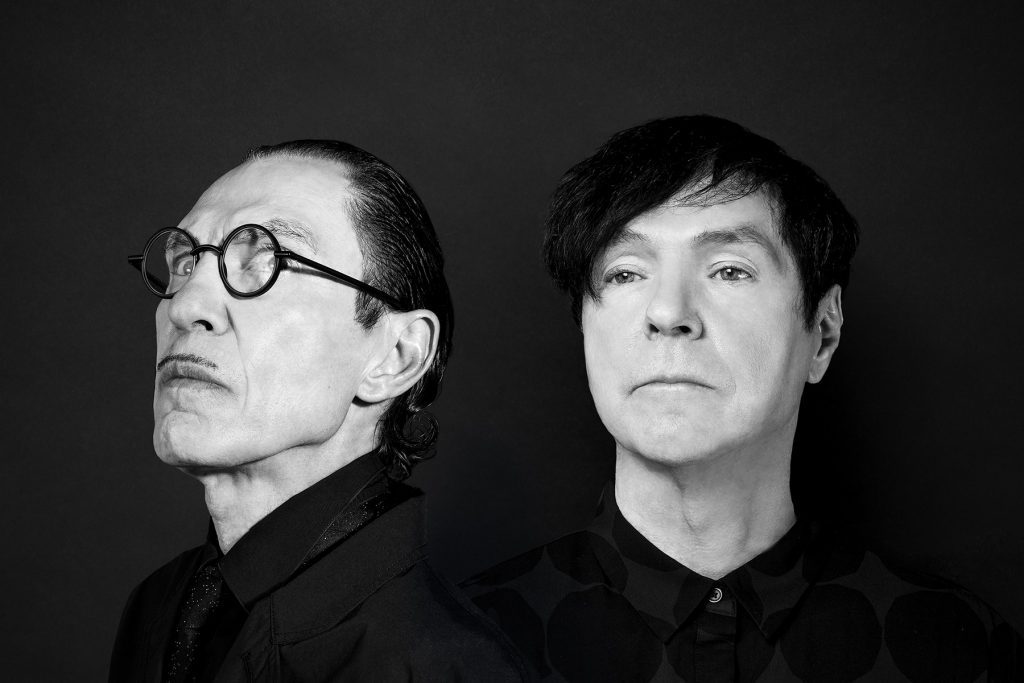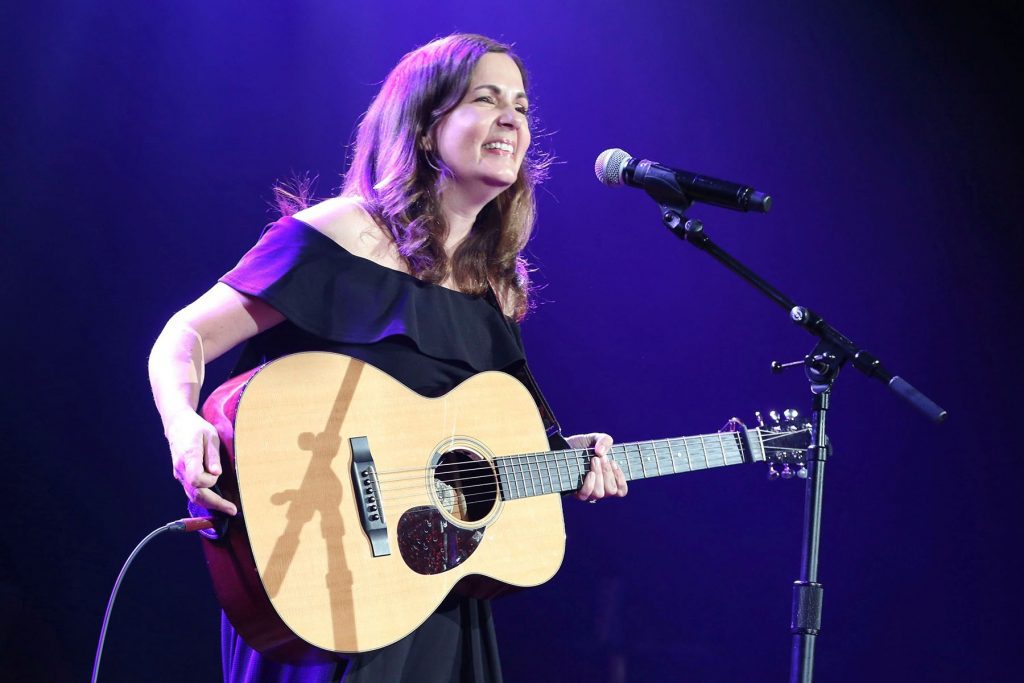
Helen Reddy, ‘I Am Woman’ Singer and Activist, Dead at 78
Helen Reddy, the Australian singer whose 1972 song “I Am Woman” has served as an empowering feminist anthem for several generations, has died. Her children, Traci Donat and Jordan Sommers, confirmed the news via her official Facebook page on Wednesday.
“It is with deep sadness that we announce the passing of our beloved mother, Helen Reddy, on the afternoon of September 29th 2020 in Los Angeles,” they wrote in the statement. “She was a wonderful Mother, Grandmother and a truly formidable woman. Our hearts are broken. But we take comfort in the knowledge that her voice will live on forever.”
Born in Melbourne, Australia, Reddy grew up in a show-biz family with actor parents. She performed as a child and later won a singing contest that brought her to New York to audition for a record contract. Though that situation did not materialize, she chose to remain in the U.S. and signed to Capitol Records. She recorded several singles, which climbed the charts.
In the Seventies, several of her songs made the Top 40, with three hitting Number One, including her enduring hit “I Am Woman.” The song earned a Grammy Award for Best Female Pop Vocal Performance. Her other Number One bowing hits, include her rendition of Alex Harvey’s “Delta Dawn” and Alan O’Day’s “Angie Baby.” In 1974, she garnered a star on the Hollywood Walk of Fame.
blogherads.adq.push(function () {
blogherads
.defineSlot( ‘medrec’, ‘gpt-dsk-tab-article-inbody1-uid0’ )
.setTargeting( ‘pos’, [“mid-article”,”mid”,”in-article1″,”mid-article1″] )
.setSubAdUnitPath(“music//article//inbody1”)
.addSize([[300,250],[620,350],[2,2],[3,3],[2,4],[4,2]])
;
});
But before her hits, she struggled as a single mother in New York, then later she moved to Chicago with her then-husband and manager Jeff Wald, where she released the single “One Way Ticket” on Fontana, which modestly charted in her native Australia.
Their move to Los Angeles proved more fruitful. It was there that she signed to Capitol and released her defining song, “I Am Woman,” which she cowrote with Ray Burton. Inspired by her involvement in women’s movement and released in early 1972, it didn’t initially make waves, but by the fall the song had gained popularity and eventually climbed to the top of the charts, making her the first Australian singer to hit Number One in the U.S., and it also earned her a Grammy.
This story is developing




